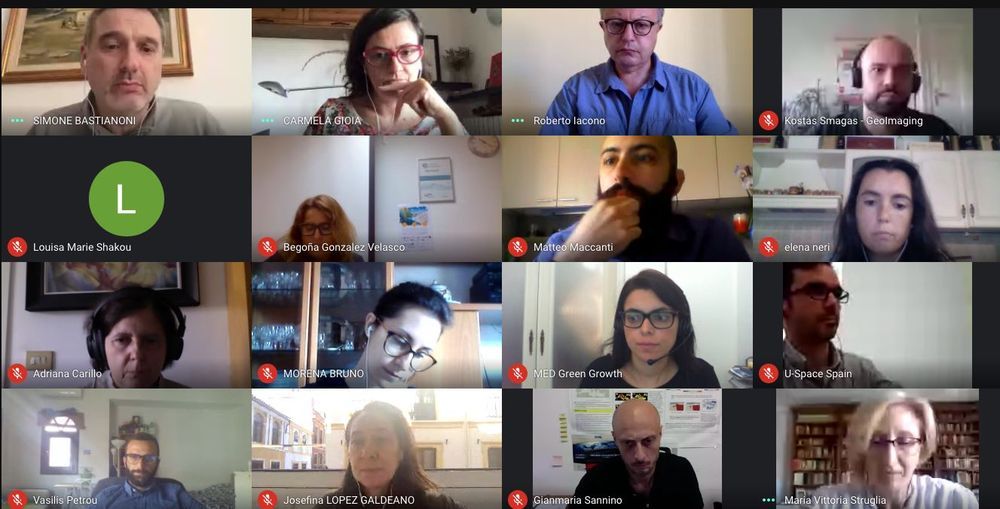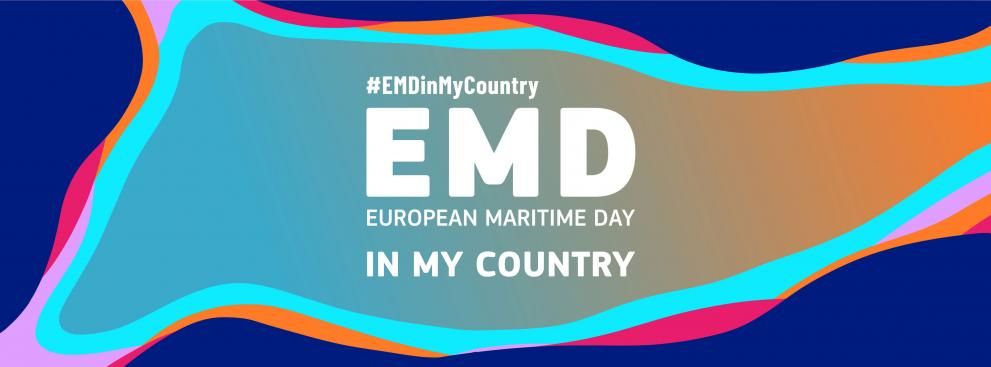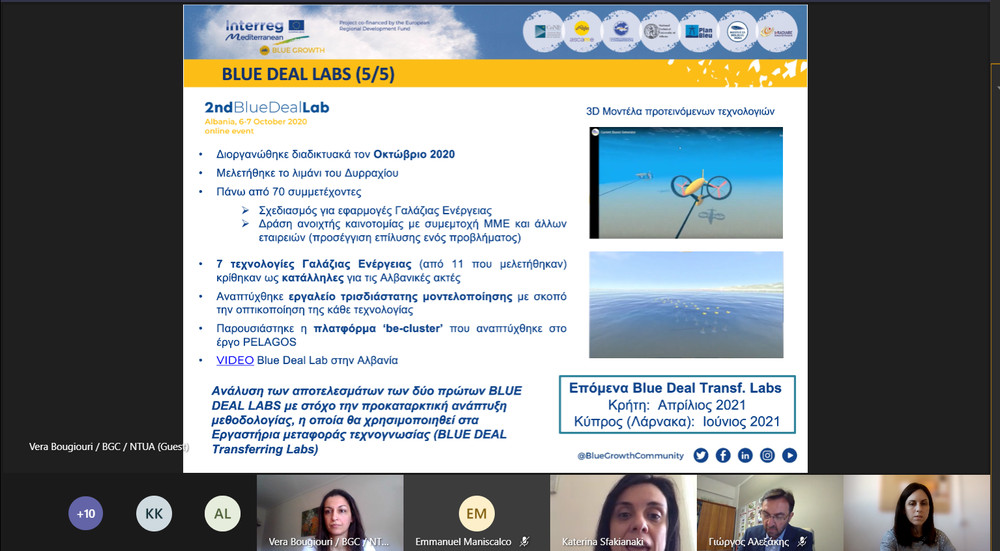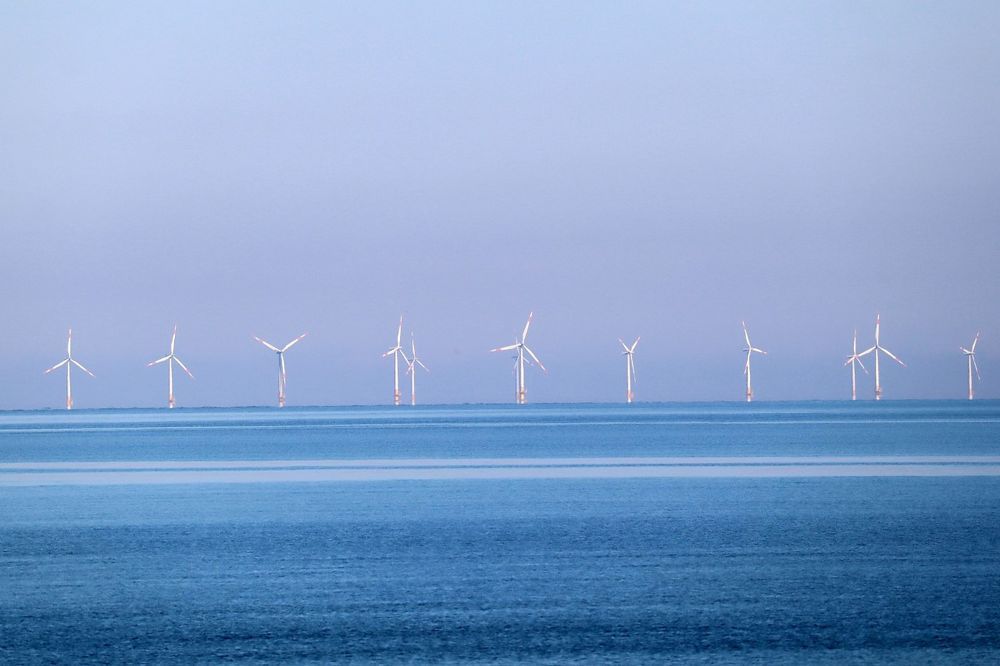
31 Jul 2020
Because of the restrictions, deriving from the COVID-19 lockdown the original framework planned for a face-to-face workshop has been modified and rethought to be applied virtually: thanks to remote co-working (and more than 50 hours meetings), an innovative framework was carried out.
The aim of a BLUE DEAL Lab is:
To exploit partners’ interdisciplinary expertise and perform concrete planning and design simulations/demonstrations on specific shorelines.
To perform on-site planning processes and produce widely agreed blue energy plans in the target region;
To deliver comprehensive 2030-2050 visions of target shorelines and integrated sets of BE solutions;
To develop activities of knowledge transfer, capacity building, and co-working sessions;
To produce a BE potential analysis, a Blue Energy Plan, and a graphic synthesis to present them to the local community on the last day.
The BE planning framework is based on a co-design process between partners. The process works like a sort of storytelling in which partners analyzed Blue energy potential and other cartographic information and data, like bathymetry, protected areas, and other existing constraints that can bring some limitation to the implementation of BE. The overlaying of these maps is combining with the technical and physical requirements of each technology considering six different marine sources. The matching of this information provides a first draft of the BE mapping which we can localize the specific size to implement BE plants and the end of the process consents the evaluation of the feasibility study in terms of landscape compatibility thanks to the graphical representation of the solutions, checks for the environmental impact assessment and other types of assessment that consents the electricity production yield of the installed plants.
The final goal of the Labs is to carry out a joint plan for portability to allow the replicability of this process everywhere in the Mediterranean Area.
Every partner had its role in this process based on its specific competencies and the output of each partner is the input for the work of another partner.
The Blue Energy planning framework was designed based on the preliminary methodology by INDACO2 and ENEA.
The analysis of the Blue Energy potentials and its mapping was mainly based on the MAESTRALE web-gis and ENEA together to CRES carried out a data refinement and upgrade for more specific information in time series.
UNISI and INDACO2 made a state of the art of a set of BE solutions with the highest Technology Readiness Level providing detailed information about technology requirements and potential energy production for the MED Area and carrying out a sort of BE technology catalog. Technologies were divided in terms of onshore, near-shore and offshore and devices for the exploitation of wave, marine currents, wind, biomass, salinity, and thermal gradient were selected.
U-Space hade a nodal role because they made the overlaying and the merging of the selected layers identifying suitable sites for the installation of technologies in the Malta seawater and coastline.
Geoimaging made a 3D modeling and visual assessment of selected Blue Energy technologies.
CRES, UNIZAG FSB, UNISI, and CEA worked on the checks and assessments part with BE production yields, Carbon Footprint mitigation, and Environmental Impact Assessment.
At the end of the Labs, ENEA and INDACO2 will analyze outcomes of the first two testing Labs to fine-tune the preliminary methodology to be transferred into the BLUE DEAL Transferring Labs.
The next testing Lab will carry out in Durazzo (AL) in the middle of September hosted by AKBN. The objective is to implement and develop this framework expanding the contribution to all the partners and amplify and diversify stakeholders who will take part in the workshop.
The framework that has been developed during the Malta testing lab is not fixed and immutable and many other aspects could be taken into account like economic and social assessments, regulatory processes, environmental sustainability, reliability of scenarios, and so on.
Furthermore, CEEI and CLANER in conjunction with each Lab will organize an Open Innovation Challenge. It will be the occasion for companies or entities to interact with the entrepreneurial ecosystem and the researchers and advance their challenges in order to promote the efficient matching of demand and supply of innovation and knowledge-based services in the Blue Energy sector. Whereas, DYNAMIC VISION will organize a Business Forum to transfer knowledge and tools to private stakeholders and to foster interactions.
Let’s make a Blue Deal!







